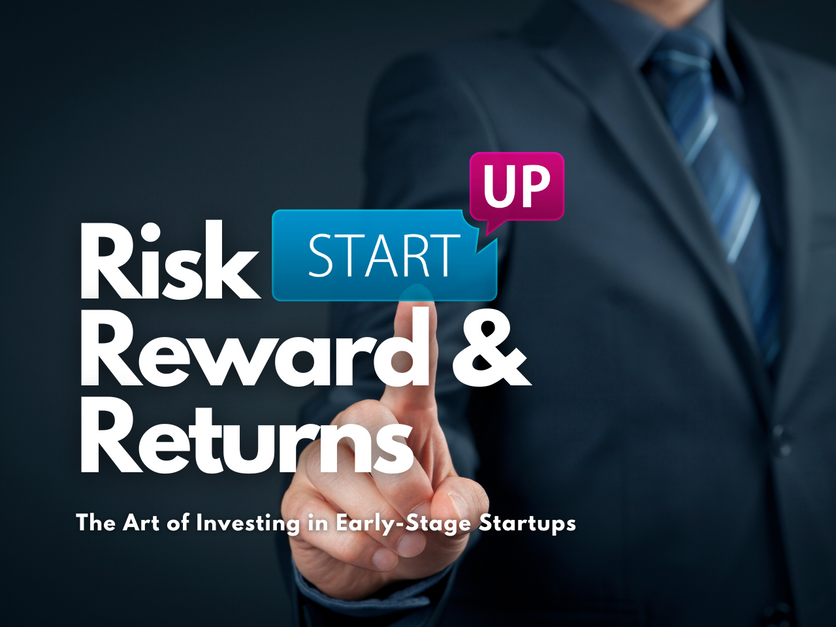In our last blog post we carefully outlined the common risks investors face when investing in startups. They included; High Failure Rates, Illiquidity, Uncertain Valuations, Lack of Diversification, Conflict with Founders, Regulatory and Legal Risks and Limited Information. Read Last Blog Post Here!!
While early-stage investments carry inherent risks, there are strategies investors can employ to mitigate these risks and increase the likelihood of success:
1. Thorough Due Diligence:
Conduct extensive due diligence on the startup, its founders, market potential, and competition. Evaluate not only the business idea but also the credibility and experience of the founding team.
2. Diversification:
Reduce risk by diversifying your investment portfolio across multiple startups and industries. This can help mitigate potential losses if one startup fails to deliver expected returns.
3. Invest in Experienced Founders:
Look for startup founders who have a proven track record or relevant experience in their industry. Experienced founders are more likely to navigate challenges and execute their vision effectively.
4. Build a Network:
Surround yourself with a network of experienced investors, mentors, and industry experts who can provide guidance and support. Leveraging their knowledge and insights can help you make informed investment decisions.
5. Understand the Market:
Gain a deep understanding of the market in which the startup operates. Evaluate the size, growth potential, and competitive landscape of the market. Identify any potential risks or challenges that could impact the startup’s success.
6. Due Diligence on the Business Model:
Gain a clear understanding of the startup’s business model and revenue-generation strategy. Evaluate its viability and potential for scalability. Look for a clear path to profitability and sustainable growth.
7. Negotiate Terms and Termsheet:
When investing, carefully review and negotiate the terms and term sheet of the investment. Seek legal advice if needed to ensure that your interests are protected and that the terms align with your investment goals.
8. Monitor and Support:
Stay actively involved with the startup after making the investment. Regularly monitor their progress and provide support when needed. Being an engaged investor can help mitigate certain risks and increase the chances of success.
9. Stay Informed:
Continuously stay updated on the industry trends, market conditions, and regulatory landscape that may impact the startup and your investment. Regularly review the startup’s financials and performance to make informed decisions about the future of your investment.
10. Have a Long-Term Perspective:
Early-stage investments are often long-term commitments. Understand that it may take several years for a startup to mature and generate returns. Patience and a long-term perspective are key when investing in early-stage startups.
By conducting thorough due diligence, diversifying your portfolio, investing in experienced founders, understanding the market, negotiating terms wisely, and providing ongoing support, you can mitigate some of the risks and increase your chances of a successful investment. Remember, investing in early-stage startups requires careful consideration, a well-informed approach, and a willingness to embrace the potential risks and uncertainties. It’s important to remember that not every early-stage investment will result in a successful outcome. However, by following these strategies and taking a calculated approach, you can navigate the path to startup success and potentially enjoy substantial returns on your investments.
Always remember to consult with experienced professionals, such as financial advisors or venture capitalists, who can provide valuable insights and guidance throughout the investment process. They can help you assess the risks and rewards, offer perspectives on the market, and provide recommendations based on their expertise.
In summary, while early-stage investments can be risky, they also present exciting opportunities to support innovative companies and participate in their growth journey. By understanding and managing the risks effectively, you can increase your chances of finding promising startups and ultimately achieve a successful early-stage investment portfolio.

